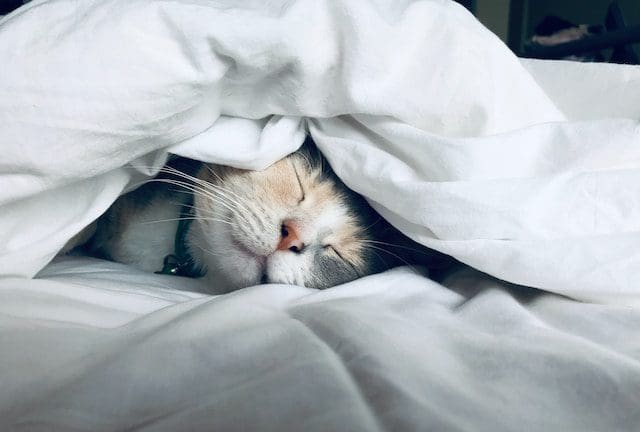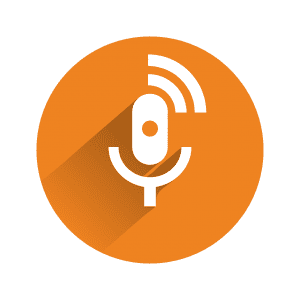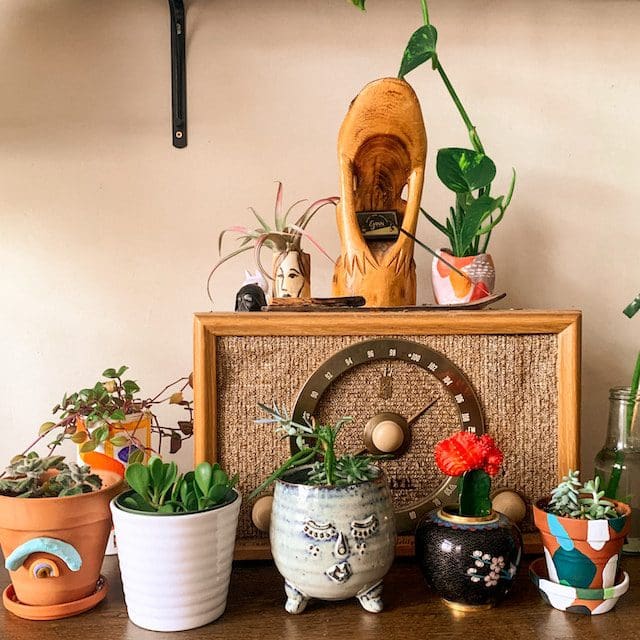
Sleeping better
January 16, 2024 in LINKS
Sleeping patterns and the amount of sleep adolescents get can get jumbled because of mental illness: we’ve also previously talked about “depression naps” and the effects that they can have. Overall, it’s difficult for adolescents to get the recommended amount of sleep they should be getting, and with higher rates of mental illness within this age group today, it can be even more difficult because of the ways that it can affect your sleep, such as depression napping and insomnia.

There are tons of resources available online and through app stores that offer ways to contribute to measuring and stabilizing your sleeping patterns, but we’ve pulled a few that you can check out below!
Flux You can install Flux on your computer so that your screen automatically adjusts with the sun. Screens emit brighter, blue lighting that can hurt the eyes, especially at night. Flux dims your computer to a softer, orange color at sunset, and you can adjust how strong the color and softness are.
Sleep with Me This podcast is dedicated to help you fall asleep by telling bedtime stories. The host, Drew Ackerman, takes a comedic approach in his story choice and storytelling, but still does so in a way that helps the listener not feel like they have to pay attention and eventually drifting off to sleep. There are over 700 episodes too, so you don’t have to worry about running out of content.
There are also other podcasts available meant to help the listener sleep. You can check out some other lists for more info and ideas.
Pzizz Science-based and celebrity-backed (J.K. Rowling has tweeted about using it before), Pzizz uses soft music, voices, and sound effects to help you fall and stay asleep. It’s not just limited for sleeping at night, and includes options if you want to take a nap and to help you stay focused.
Do you use anything on your phone or computer to help you fall and stay asleep at appropriate times? If you nap (whether voluntarily or involuntarily), what have you tried to make sure you don’t interrupt your sleep at night?





















Recent Comments